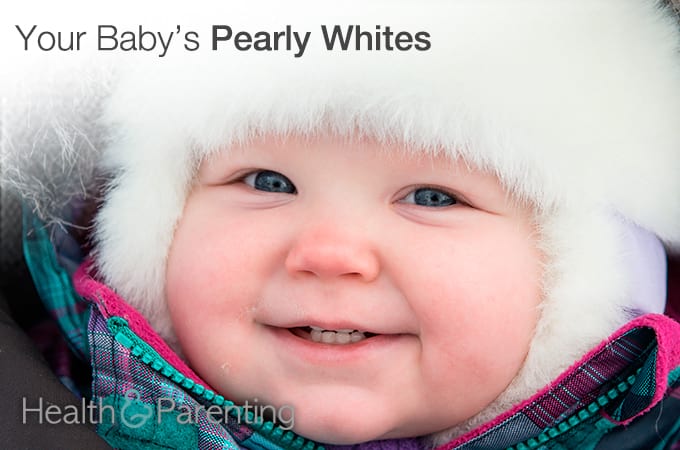Have you ever noticed there are a lot of rules when it comes to being pregnant? Everything from what you eat to how you exercise and when you can fly has a set of guidelines meant to keep you and your baby as healthy as possible. And while that is absolutely a goal you can get behind, it’s fair to admit that all the rules (and all the people reminding you of those rules) can get more than a little overwhelming.
Well, take a deep breath, because we’ve got one more thing for you to think about.
In 2013, based on years of data, the American Congress of Obstetricians and Gynecologists (ACOG) released a committee opinion that OBGYNs should be talking to their patients about oral health care and helping to ensure they have the access they need.
Why would your OBGYN be concerned about your teeth when they should be checking your uterus? Because multiple studies have found a link between a mother’s oral health and her baby’s birth outcomes.
This research isn’t new. A 1996 study found an increased risk of premature birth in women with periodontal (gum disease). Those same women were also more likely to have low birth weight babies, weighing less than 2,500 grams (or 5.5 pounds). And similar studies have been conducted, with similar results in 2006, 2008, and 2009.
The effect of maternal oral health on a developing fetus and the outcomes of that pregnancy, are well-documented. But the problem comes with what can be done to address those issues.
A report released in the March 2011 Journal of Dental Research compiled the data from various studies and tried to answer just that question: Now that we know about the link between oral health and adverse pregnancy outcomes, what next?
The answer, unfortunately, isn’t clear. Studies looking at treatment options have yielded some promising results for improving outcomes, but ultimately those results haven’t been statistically significant. Which means that oral health treatment during pregnancy may help, but we can’t yet know that for sure.
It might be that the best option is to improve oral healthcare before pregnancy whenever possible, and the Wisconsin Department of Health Services provides tips on how to do just that:
- Brush your teeth and gums twice a day with fluoride toothpaste and floss each day
- Make an appointment with a dental provider
- Make good nutritional choices; limit sweet drinks and avoid refined sugar
- Include Vitamin C and Calcium in your daily diet
- Quit smoking
But if you find yourself already pregnant and concerned? Both the NHS and the ACOG recommend still seeing a dentist, with the ACOG adding “Despite the lack of evidence that prenatal oral health care improves pregnancy outcomes, ample evidence shows that oral health care during pregnancy is safe and should be recommended to improve the oral and general health of the woman.”
So make that appointment with your dentist — for both you and your baby!
Written by Leah Campbell, infertility advocate, adoptive mama, writer and editor. Find me @sifinalaska on Twitter.











